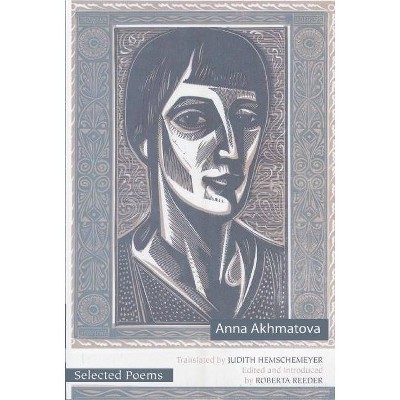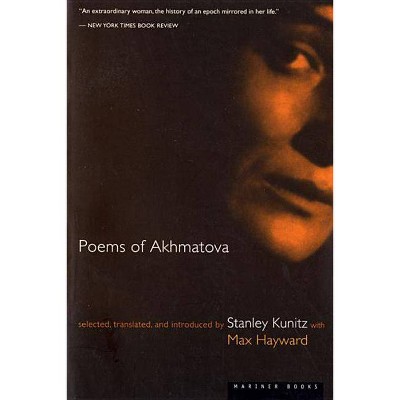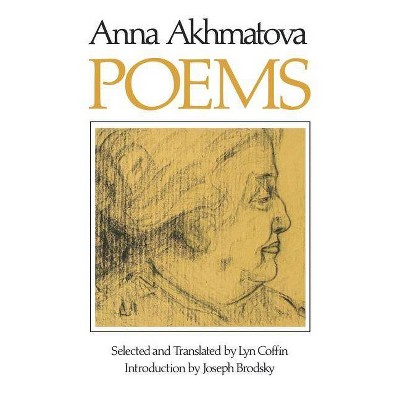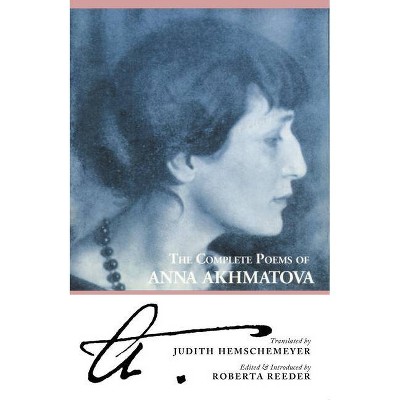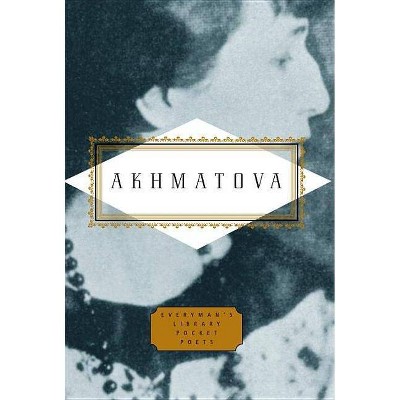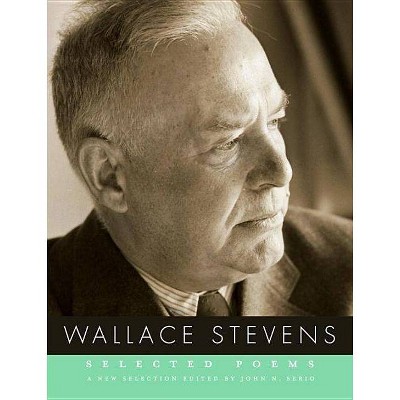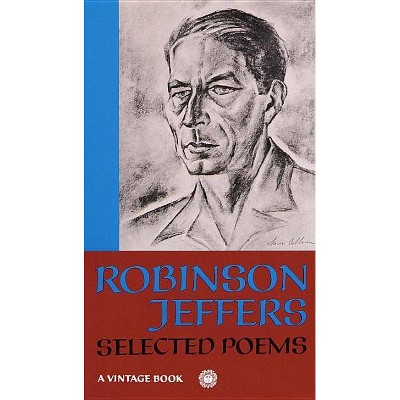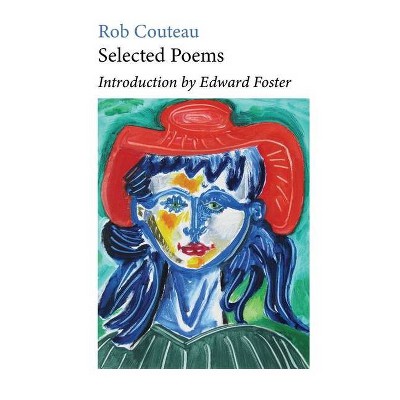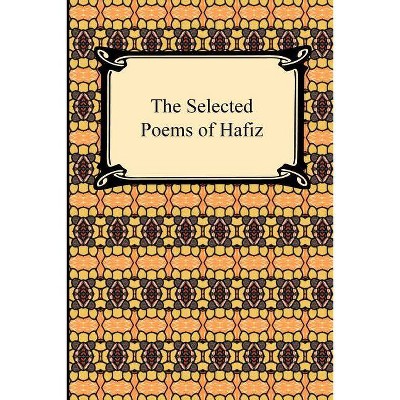Selected Poems - by Anna Akhmatova (Paperback)
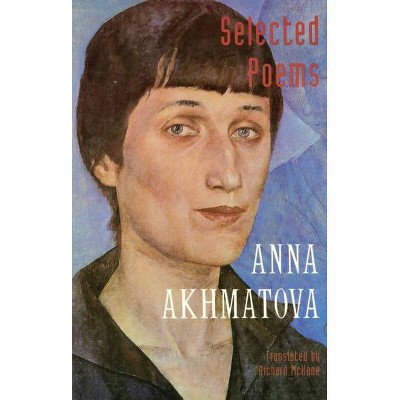
Similar Products
Products of same category from the store
AllProduct info
<p/><br></br><p><b> Book Synopsis </b></p></br></br>This comprehensive edition of Russia's greatest modern poet, Anna Akhmatova (1899-1966), includes the complete texts of her major works Requiem, commemorating all of Stalin's victims, and Poem Without a Hero. Akhmatova published her first book of poems in 1912, and in the same year founded the Acmeist movement with her husband, the poet Gumilev. Her intense, highly personal love lyrics were later attacked as anti-revolutionary, and in 1925 her poetry was banned. Gumilev was shot in 1921 for alleged involvement in an anti-Bolshevik plot, and in the years of terror which followed under Stalin, Akhmatova was persecuted for her work along with fellow poets Mandelstam, who died in a camp, and Tsvetaeva, who committed suicide. She was able to publish some work during the war, but in 1946 she again came under attack, this time from Zhdanov, who denounced her with Pasternak and others for trying to 'poison the minds' of Soviet youth. These were attacks on her published work. What she was writing - but could not publish - was far more dangerous. For she had entered her years of silence. As she fought for her son's release from prison, she was writing her greatest poetry: the cycle Requiem, which commemorated all of Stalin's victims, and Poem without a hero, which she began in 1940 and worked on for over 20 years. All she wrote she committed to memory. Several trusted friends also memorised her poems, among them Mandelstam's widow Nadezhda. She wrote nothing down, and so survived, the people's conscience, the one who kept 'the great Russian word' alive.<p/><br></br><p><b> About the Author </b></p></br></br>Anna Akhmatova (1889-1966) was Russia's greatest modern poet. She published her first book of poems in 1912, and in the same year founded the Acmeist movement with her husband, the poet Gumilev. Her intense, highly personal love lyrics were later attacked as anti-revolutionary, and in 1925 her poetry was banned. Gumilev was shot in 1921 for alleged involvement in an anti-Bolshevik plot, and in the years of terror which followed under Stalin, Akhmatova was persecuted for her work along with fellow poets Mandelstam, who died in a camp, and Tsvetaeva, who committed suicide. She was able to publish some work during the war, but in 1946 she again came under attack, this time from Zhdanov, who denounced her with Pasternak and others for trying to 'poison the minds' of Soviet youth. These were attacks on her published work. What she was writing - but could not publish - was far more dangerous. For she had entered her years of silence. As she fought for her son's release from prison, she was writing her greatest poetry: the cycle Requiem, which commemorated all of Stalin's victims, and Poem without a hero, which she began in 1940 and worked on for over 20 years. All she wrote she committed to memory. Several trusted friends also memorised her poems, among them Mandelstam's widow Nadezhda. She wrote nothing down, and so survived, the people's conscience, the one who kept 'the great Russian word' alive.
Price History
Price Archive shows prices from various stores, lets you see history and find the cheapest. There is no actual sale on the website. For all support, inquiry and suggestion messagescommunication@pricearchive.us
